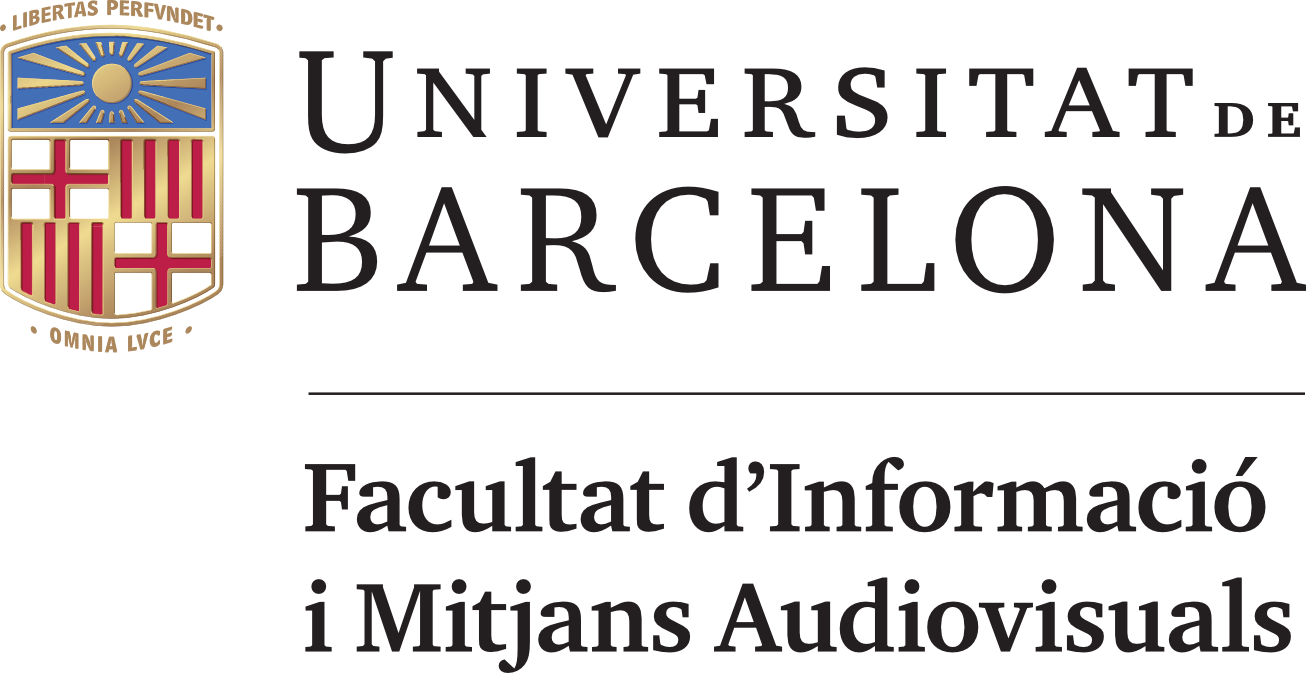Workshop : Transforming Complex Web Apps into Static Sites
- Long title
- How to transform a complex project-specific web application into a large static site
- Starts at
- Sat, Oct 25, 2025, 14:00 GMT+2
- Finishes at
- Sat, Oct 25, 2025, 18:00 GMT+2
- Venue
- Aula Rubió (210)
How to transform a complex project-specific web application into a large static site
-

Joachim Neubert
WikiProject 20th Century Press Archives (former affiliation: ZBW – Leibniz Information Center for Economics), Hamburg, Germany
Joachim Neubert is an information scientist and software developer, formerly working at ZBW - Leibniz Information Centre for Economics in Hamburg, researching, writing software and publishing about knowledge organization systems in the web of Linked Data. For many years, he was co-organizing [SWIB](https://swib.org) Semantic Web in Libraries conference. Currently he is active in the Wikidata und Wikimedia context, specifically the [Wikiprojekt Pressearchiv](https://de.wikipedia.org/wiki/Wikipedia:Projekt_Pressearchiv).
The 20th Century Press Archives, digitized in 2004-2007 with funding from the German Research Foundation, faced a tough challenge: the owning institution, ZBW – Leibniz Information Centre for Economics, has maintained a complex and expensive software infrastructure and continued indexing the holdings. 10 years after the original project ended, the costs were not affordable any longer, and the responsible person - the last one from the original project team with a deep understanding of the application - was going to retire in the following year.
By far not an uncommon situation: Continued online availability may be at risk in numerous similar projects, originally funded to make special collections available on the web, using the latest technology. Additionally, as is now widely recognized within the international scientific community, public knowledge and research results are under threat of reckless or targeted eradication by authoritarian governments.
ZBW decided to put the metadata of the collection under an open license, to integrate it into Wikidata, and to transform the application into a static site (https://pm20.zbw.eu). The site includes data about 67,000 folder descriptions, two million indexed pages (mostly digitized newspaper clippings) and four million images from digitized roll films. It consists of interlinked static HTML, JSON and image files, which are delivered by a standard web server. IIIF image presentation works client-side-only. Wikidata links provide context, discoverability and even dynamic search support.
The simplicity of the technical solution allows ZBW keep up the service with minimal effort and standard web administration skills. It does not require constant vigilance on outdated libraries and recurring security threats, and facilitates the defense against “AI” crawlers. As an added bonus, since last year a Wikidata/Wikipedia community project has been working to enhance data indexing. ZBW supports this by periodically running an automated recreation of the website with the extended metadata, which is fully published as JSON-LD (https://doi.org/10.5281/zenodo.11472914).
The workshop will share experiences with the techniques and workflows employed in the PM20 transition project and highlight design decisions. It aims to encourage participants to think about their own applications and ways to make them more simple and sustainable, offering room to discuss open questions or concerns with other participants.
Format
Half-day workshop. After a presentation of experiences from the PM20 project, questions and open issues from the participants will be collected and discussed in a peer consulting session, probably in smaller teams, so that everybody can contribute.
Intended audience and prerequisites
- Everybody who maintains, or oversees maintenance of, complex web applications for special collections and wants to lighten the burden.
- Everybody who plans for web projects and considers reducing complexity from start on for easier maintenance and better long-term sustainability.
The presentation will not go into the details of specific tools (providing links to working and publicly accessible code in the slides, however). It should not require deeper programming skills.
Background reading
- On the project and the Wikidata/Wikipedia cooperation:
Joachim Neubert and Max-Michael Wannags: 20th Century Press Archives – history in newspaper clippings, made accessible by ZBW and Wikimedia. Diff Blog, 2024-06-20. https://diff.wikimedia.org/2024/06/20/20th-century-press-archives-history-in-newspaper-clippings-made-accessible-by-zbw-and-wikimedia/ - On the general threat to open science:
Jeroen Bosman and Jeroen Sondervan: The resilience of open science in times of crisis. Upstream, 2025-05-13. https://doi.org/10.54900/pqrcx-8d019






